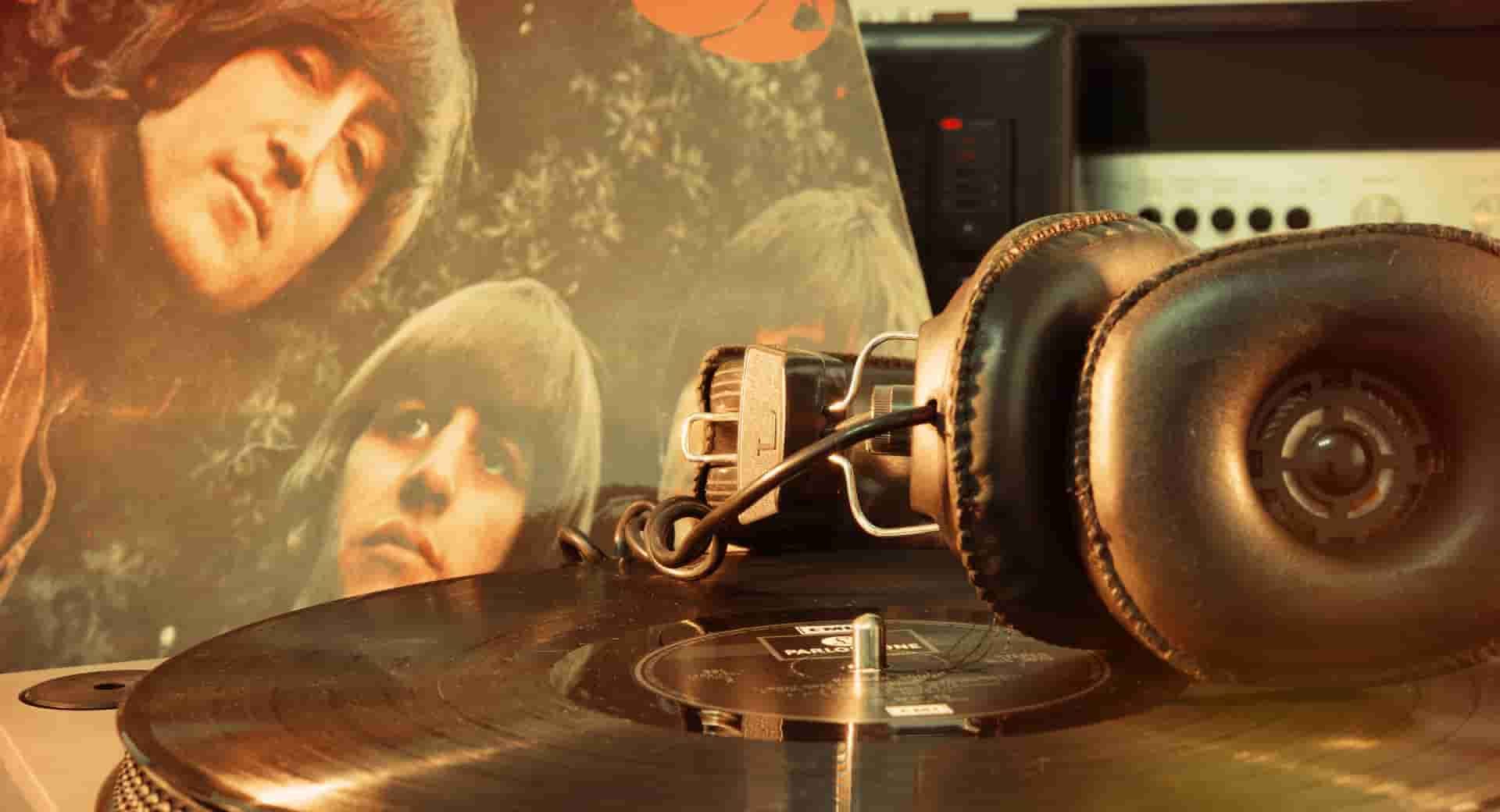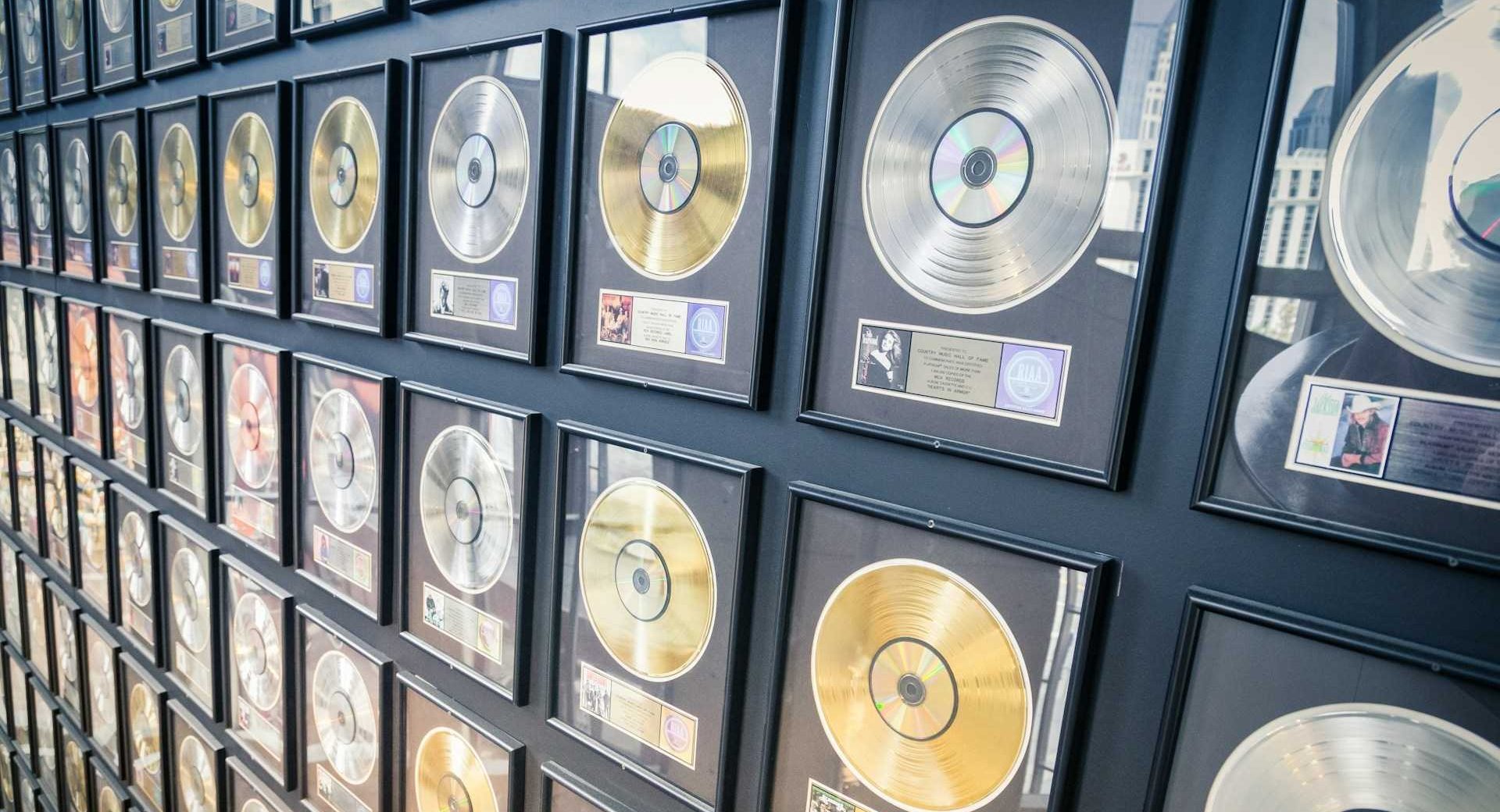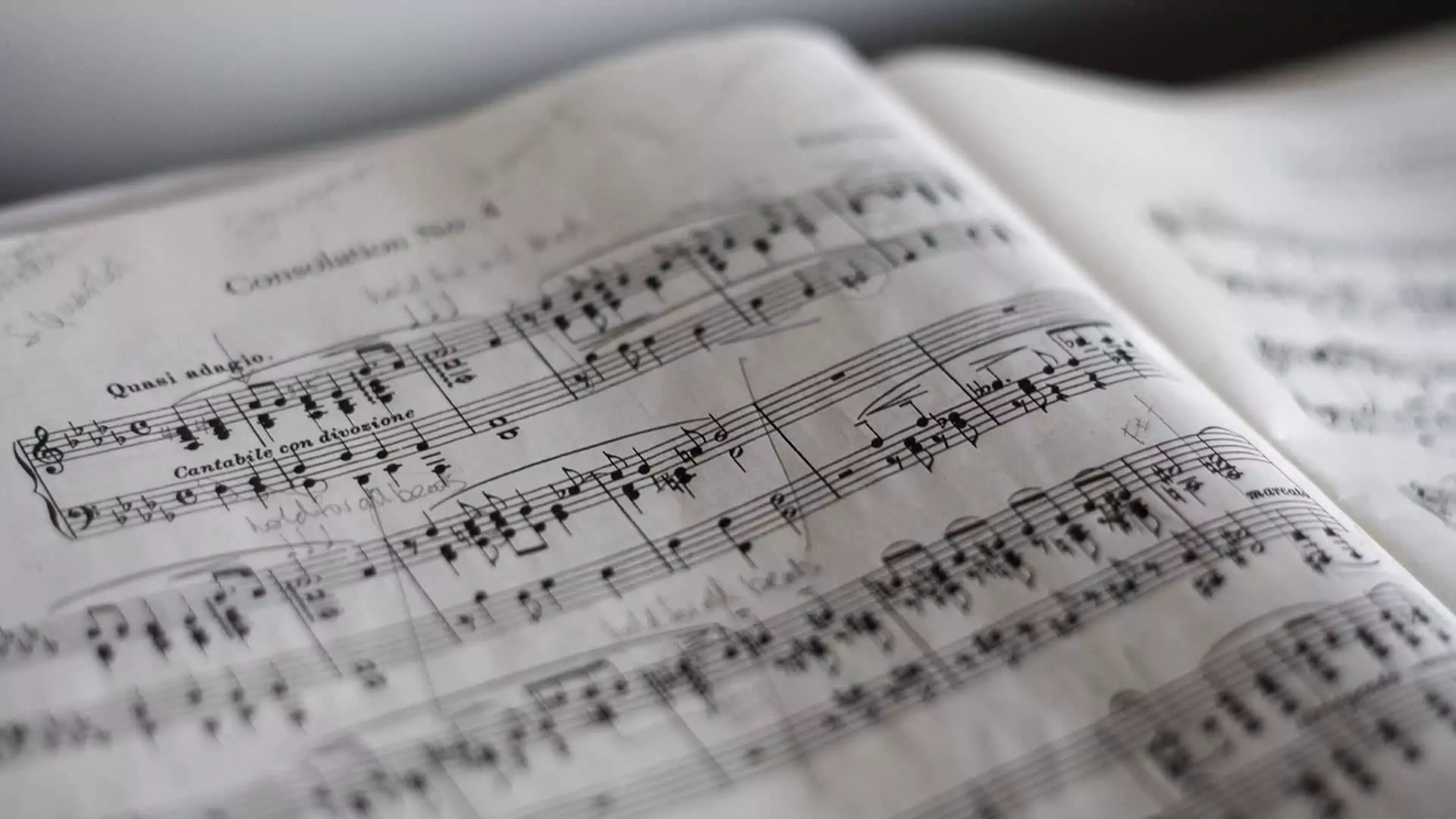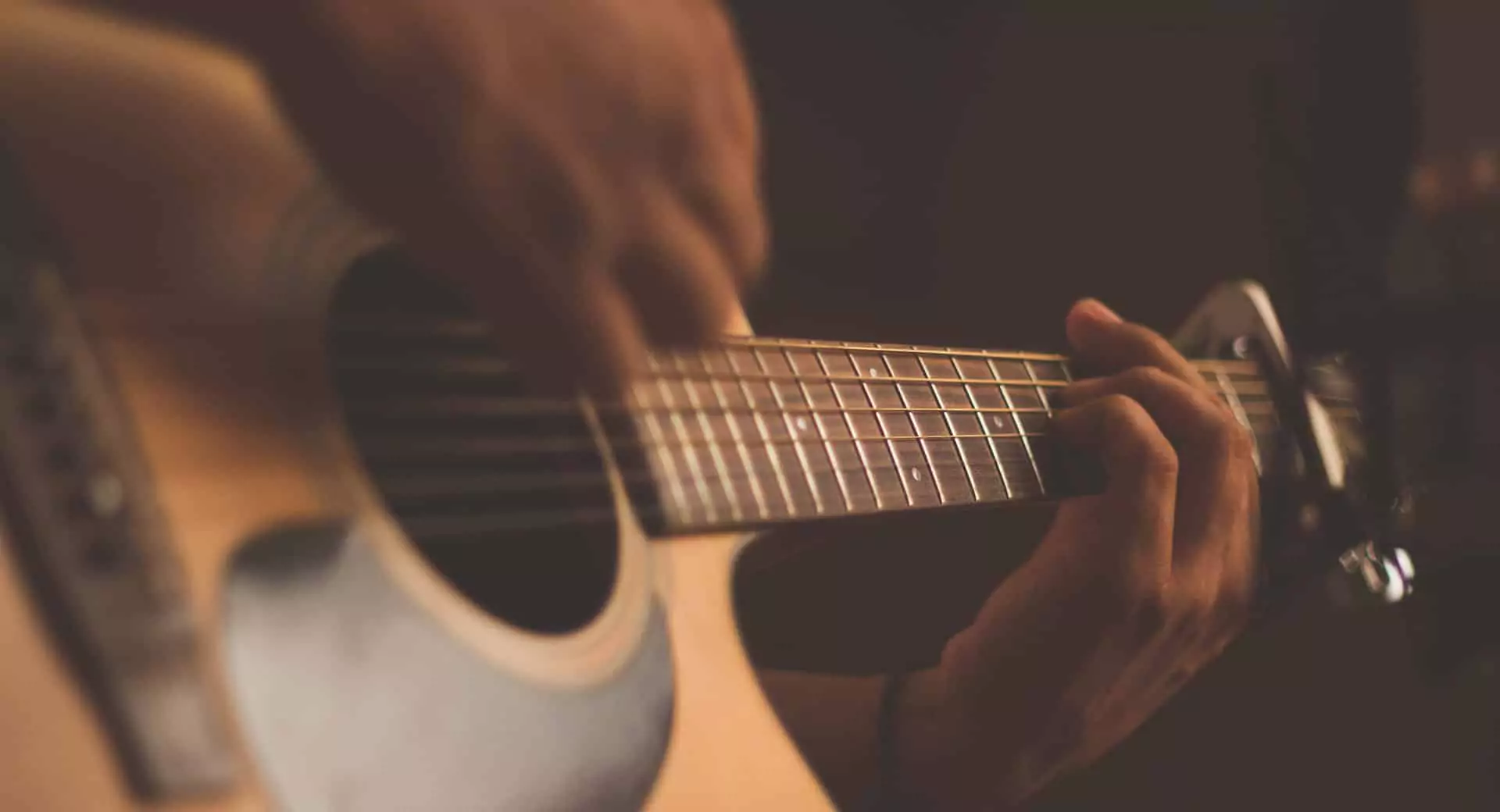MasterWriter Blog

What Happened, Why, and Where the Music Business is Going
The Golden Years In my opinion the golden decade for the record business, publishers, and songwriters would have to be the fifties followed by the sixties. In the fifties, everyone

The Rules of the Road if you want to be a Hit Songwriter
1. Schedule time. Whether you are a full-time or part-time songwriter it is important to create a schedule where you set aside time each week to write. It has to be

If you contribute to a musical track, should you be a co-writer on a song?
These days it’s quite common to see four to twelve co-writers on a song. Apparently if you create a background track or come up with a bass or guitar line,

What’s more important, the melody or the lyric?
Some people think melody rules and others think it’s the lyrics and there are strong arguments that support both beliefs. I’ve been a songwriter all of my life and I

Learning How to Write Songs
Learning how to write songs is not unlike learning how to play an instrument. The difference is, you have a teacher when you’re learning to play an instrument and you

The Ten Commandments of Songwriting
See the Ten Commandments of Songwriting according to Barry DeVorzon, a Grammy winning songwriter and President of MasterWriter.

Can a melody created by artificial intelligence be copyrighted?
Damien Riehl and his partner Noah Rubin seem to think so. Damien Riehl is an attorney and self-described musician/songwriter and Noah Rubin is a programmer and self-described musician/songwriter. They created




